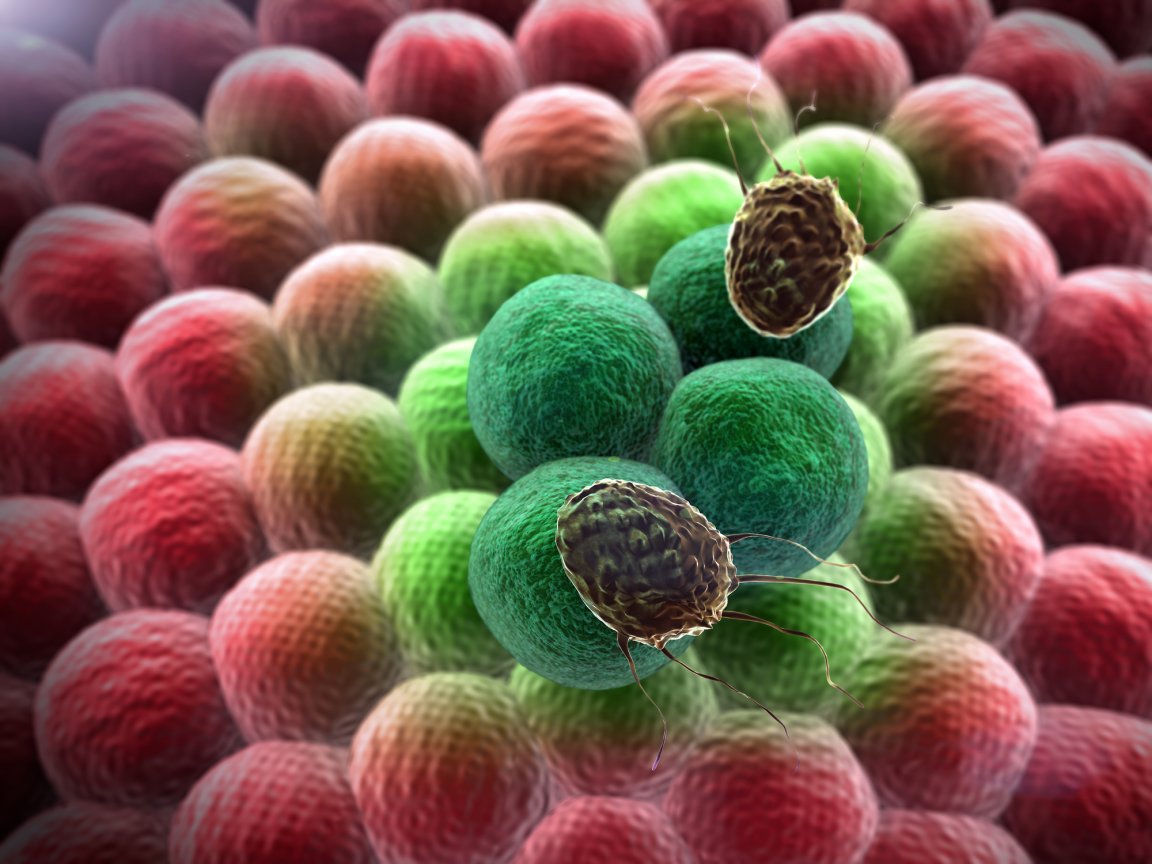
Suicide Molecules
A new study has established that RNA molecules, originally developed as a means of studying genes, can trigger a hidden mechanism that prompts cells to commit suicide. Some scientists believe that this could be used as a new method of cancer treatment.
“It’s like committing suicide by stabbing yourself, shooting yourself and jumping off a building all at the same time,” said lead study author Marcus Peter in a statement published via the Northwestern University website. “You cannot survive.”
Peter and his team found sequences in the human genome that possess this capability when converted into small double-stranded RNA molecules. It’s thought that the mechanism is an ancient technique that cells used to eliminate cancer before the advent of the adaptive immune system, many millions of years ago.
Cells have been fighting cancer since life became multicellular, so Peter felt confident that there had to be a “fail-safe” that could combat it as soon as it began to take hold. However, identifying and finding these particular molecules was very difficult, as they would only be active at the precise moment that the cell became cancerous.
Peter found that small interfering RNAs were capable of killing cancer cells, as well as fulfilling their intended purpose of suppressing gene activity. All the genes necessary for cell survival are eliminated, with very little effect on normal cells.
Urology professor Dr. Shad Thaxton collaborated with Peter to test whether this mechanism could be used as a cancer treatment. Nanoparticles were used to administer the molecules to mice bearing human ovarian cancer, which slowed the growth of tumors without raising the animals’ toxicity levels. Crucially, the tumors did not develop a resistance to this treatment.

Novel Treatment
Cancer survival rates are more promising than ever before because of significant advances in diagnosis. However, we’ve made less progress when it comes to treatment methods.
“If you had an aggressive, metastasizing form of the disease 50 years ago, you were busted back then and you are still busted today,” said Peter. “Improvements are often due to better detection methods and not to better treatments.”
Immune therapy has proven to be very effective, but only a select subset of cancers respond to the treatment. Peter draws a comparison between the methods established by this study and immune therapy because both utilize natural mechanisms taken from the evolutionary process.
“Our research may be tapping into one of nature’s original kill switches, and we hope the impact will affect many cancers,” said Peter. “Our findings could be disruptive.”